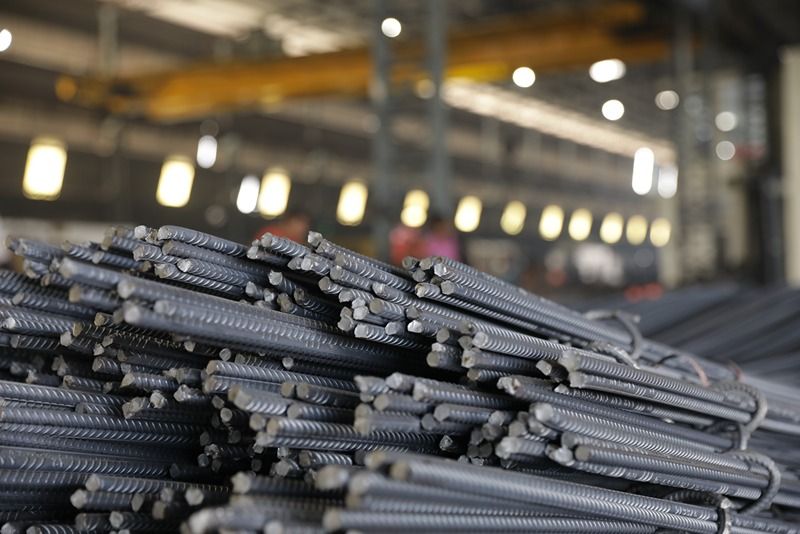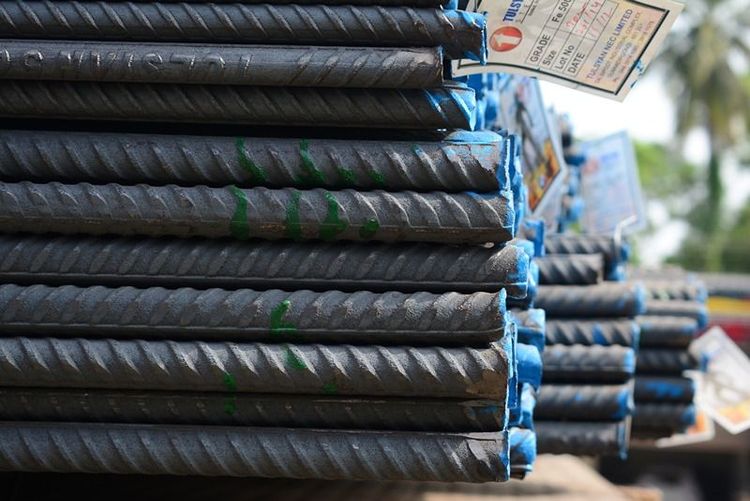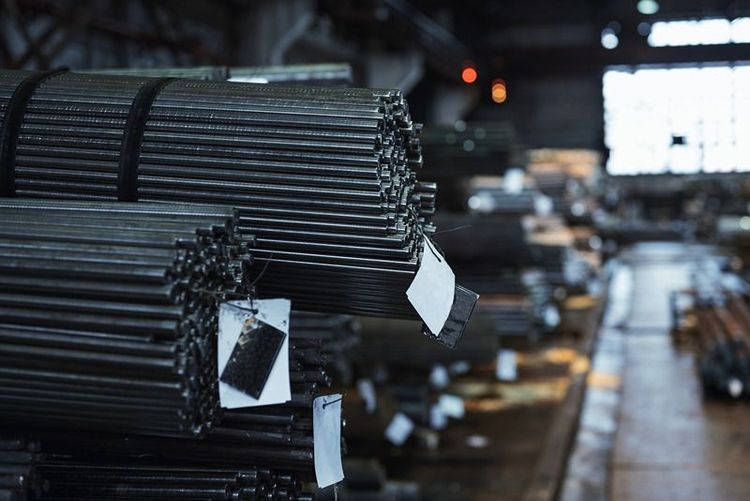Thermo-mechanically treated (TMT) bars are essential in modern construction, providing the strength and flexibility to reinforce concrete structures. Among the various grades of TMT bars, the 550 and 550D grades are often compared due to their high strength and specific applications. Understanding the differences between these two types can help you make an informed decision for your construction projects. In this blog, we’ll explore the key distinctions between 550 and 550D TMT bars, focusing on their properties, applications, and why choosing the right grade is critical for the success of your construction.
Understanding 550 and 550D TMT bars
550 TMT bars
Overview: 550 TMT bars are high-strength reinforcement bars with a minimum yield strength of 550 MPa. They are designed to offer superior tensile strength, making them suitable for large-scale construction projects where load-bearing capacity is a significant concern.
Chemical composition: 550 TMT bars contain a balanced mix of carbon, sulphur, phosphorus, and other alloying elements. The carbon content is higher than in lower grades, contributing to increased strength.
Mechanical properties:
Yield strength: 550 MPa minimum
Ultimate tensile strength (uts): typically 1.08 times the yield strength
Elongation: Elongation percentage, typically around 14-16%
Applications: 550 TMT bars are ideal for infrastructure projects such as bridges, dams, and industrial buildings requiring high strength and load-bearing capacity.
550 vs 550D TMT bars: which one should you choose?


550D TMT bars
Overview: the ‘d’ in 550D TMT bars is ‘ductility’. These bars offer the same yield strength of minimum 550 MPa as standard 550 TMT bars but with improved ductility. The enhanced ductility makes 550D bars more suitable for areas prone to seismic activity or where structures are exposed to dynamic loads.
Chemical composition: compared to 550 bars, 550D TMT bars have lower carbon content and controlled amounts of sulphur and phosphorus. This composition reduces the steel's brittleness, enhancing its ductility and making it more resistant to stress.
Mechanical properties:
Yield strength: 550 MPa minimum
Ultimate Tensile Strength (UTS): Typically 1.10 times the yield strength
Elongation: higher elongation percentage, typically around 18-20%
Applications: 550D TMT bars are particularly suited for projects in earthquake-prone zones, high-rise buildings, and structures requiring high-impact resistance and flexibility.
Key differences between 550 and 550D TMT bars
Ductility
550 TMT bars: their lower ductility is due to their higher carbon content, which makes them stronger but less flexible.
550D TMT bars: offer higher ductility with reduced carbon content, making them more flexible and better suited for structures needing dynamic loads.Elongation
550 TMT bars: lower elongation percentage, meaning they stretch less under stress, which can be a limitation in certain applications.
550D TMT bars: higher elongation percentage, providing better stretchability under stress, which enhances the bar’s ability to withstand seismic forces.Brittleness
550 TMT bars: higher brittleness due to higher carbon content may lead to fractures under extreme stress.
550D TMT bars: lower brittleness, making them more resilient to cracking and failure under load.

Applications
550 TMT bars: best suited for large infrastructure projects where maximum strength is needed, and seismic activity is not a significant concern.
550D TMT bars: ideal for high-rise buildings, seismic zones, and projects requiring strength and flexibility.
Conclusion
When choosing between 550 and 550D TMT bars, it’s important to consider the specific requirements of your construction project. If your project is in an area with low seismic activity and requires high tensile strength, 550 TMT bars may be the right choice. However, 550D TMT bars offer the flexibility and resilience in combination with high strength needed to ensure structural integrity for projects in earthquake-prone areas or those requiring higher ductility.
The JSW One MSME e-commerce marketplace provides a reliable platform for MSMEs looking to purchase high-quality TMT bars. At competitive prices, you can access various TMT bars, including 550 and 550D grades. The marketplace offers transparent TMT bar prices, current rates, and an efficient purchasing process, ensuring you get the best materials for your construction needs.
Buy online
Mild SteelStructural SteelTMTCementJSW One MSME
About usBlogsSitemapJSW One TMTPolicy
Terms & conditionsPrivacy policyReturn policyBanking partner



 +91 7208055523
+91 7208055523
 Help & support
Help & support